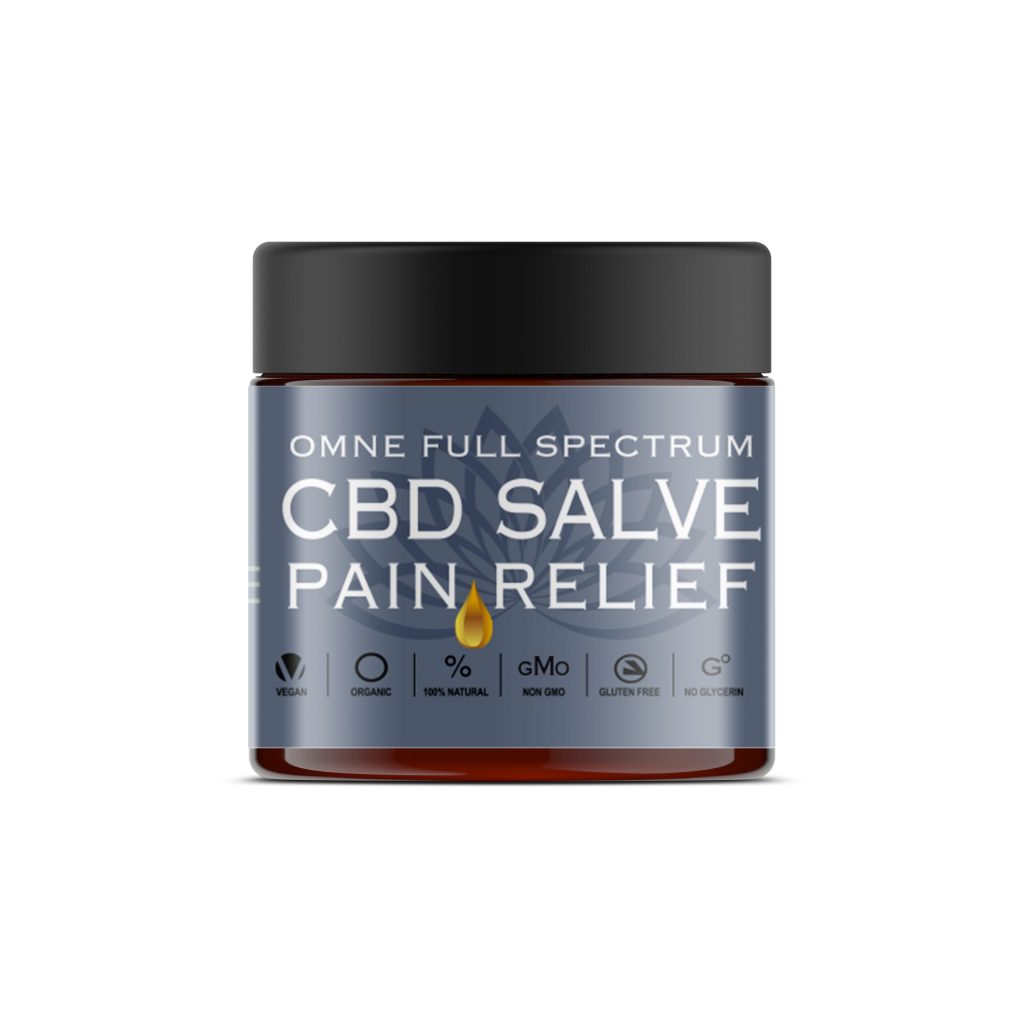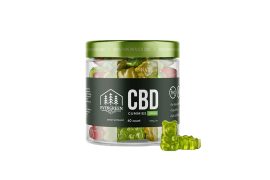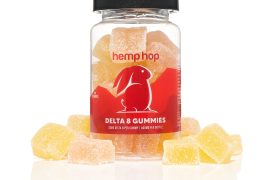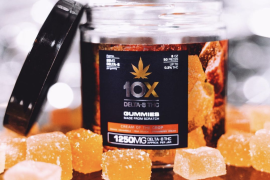CBD oil has become a popular wellness product for addressing various health concerns, from managing stress to improving sleep. Finding the right product can be overwhelming whether you’re new to CBD or looking to switch brands. With various options on the market and regulatory considerations, such as those outlined by the CBD oil Canada government of Canada regulations, it’s important to make an informed choice. This guide will walk you through the steps to selecting the best CBD oil for your unique needs.
1. Understand What CBD Oil Is and Its Benefits
Before purchasing CBD oil, it’s crucial to understand what it is and how it works. CBD, short for cannabidiol, is a non-intoxicating compound found in cannabis plants. It interacts with the endocannabinoid system, which regulates mood, pain, and sleep. CBD oil is available in various formulations, including full-spectrum, broad-spectrum, and isolate. Each type offers unique benefits:
- Full-spectrum: Contains all cannabinoids, including trace amounts of THC, for an entourage effect.
- Broad-spectrum: THC-free but retains other cannabinoids.
- Isolate: Pure CBD with no other cannabinoids.
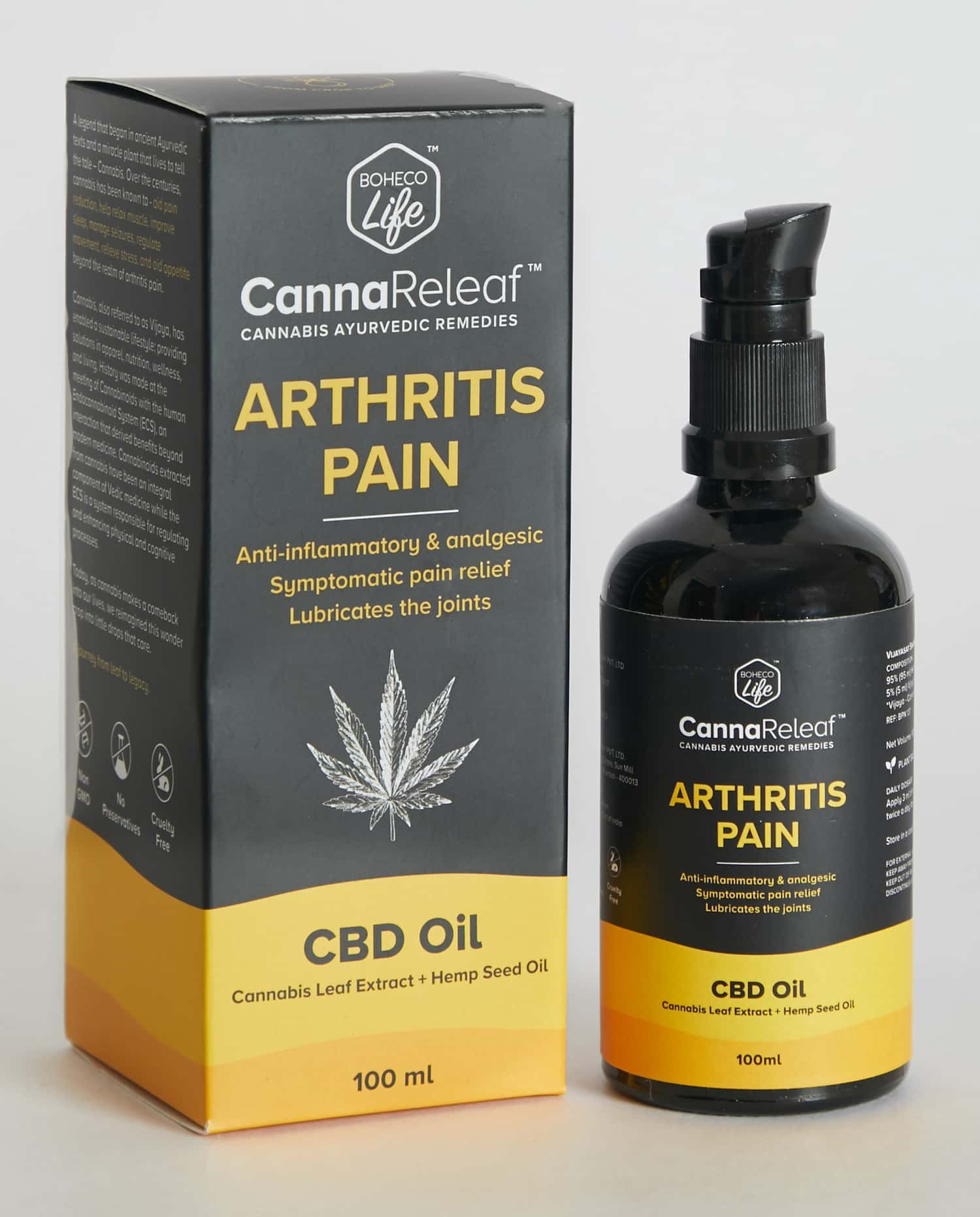
2. Check for Legality and Regulations in Your Region
In Canada, CBD products must comply with the Cannabis Act. When purchasing CBD oil, ensure it’s sourced from licensed producers approved by Health Canada. Compliance with CBD oil Canada government of Canada guidelines guarantees product safety and quality. Avoid unregulated products that may contain contaminants or inaccurate labeling.
3. Identify Your Goals for Using CBD Oil
Knowing your primary reason for using CBD oil will help narrow your options. Are you looking for stress relief, better sleep, or pain management? Different formulations and potencies cater to specific needs. For example:
- A higher potency might be ideal for chronic pain.
- A lower dose could suit first-time users or those targeting mild stress.
- Products with added terpenes may enhance relaxation or focus.
4. Examine the Extraction Method
The extraction process affects CBD oil’s quality and purity. Look for oils extracted using CO2 or ethanol, as these methods ensure minimal contamination and retain beneficial compounds. Avoid products made using cheaper methods, such as solvent extraction, which can leave harmful residues.
5. Review the Product’s Lab Testing and Transparency
Reputable CBD brands provide third-party lab results to verify their product’s quality. These tests confirm the oil’s cannabinoid profile, THC levels, and absence of harmful contaminants like pesticides or heavy metals. Always check the lab reports before buying, as this ensures you’re getting what’s advertised.
6. Choose the Right Strength and Dosage
CBD oil comes in a range of concentrations, typically measured in milligrams (mg) per bottle. Beginners may want to start with a lower concentration, such as 500 mg, and gradually increase as needed. More experienced users or those with specific conditions might opt for higher potencies, such as 1500 mg or 3000 mg.
7. Consider the Carrier Oil
CBD oil is often blended with a carrier oil, such as MCT (medium-chain triglycerides) oil, hemp seed oil, or olive oil. Carrier oils enhance absorption and provide additional health benefits. For example, MCT oil supports quick energy, while hemp seed oil offers omega-3 fatty acids.
8. Read Reviews and Customer Feedback
Customer reviews are a valuable resource for assessing a product’s effectiveness and reliability. Look for consistent positive feedback about the product’s results, customer service, and shipping practices. Avoid products with numerous complaints or unclear origins.
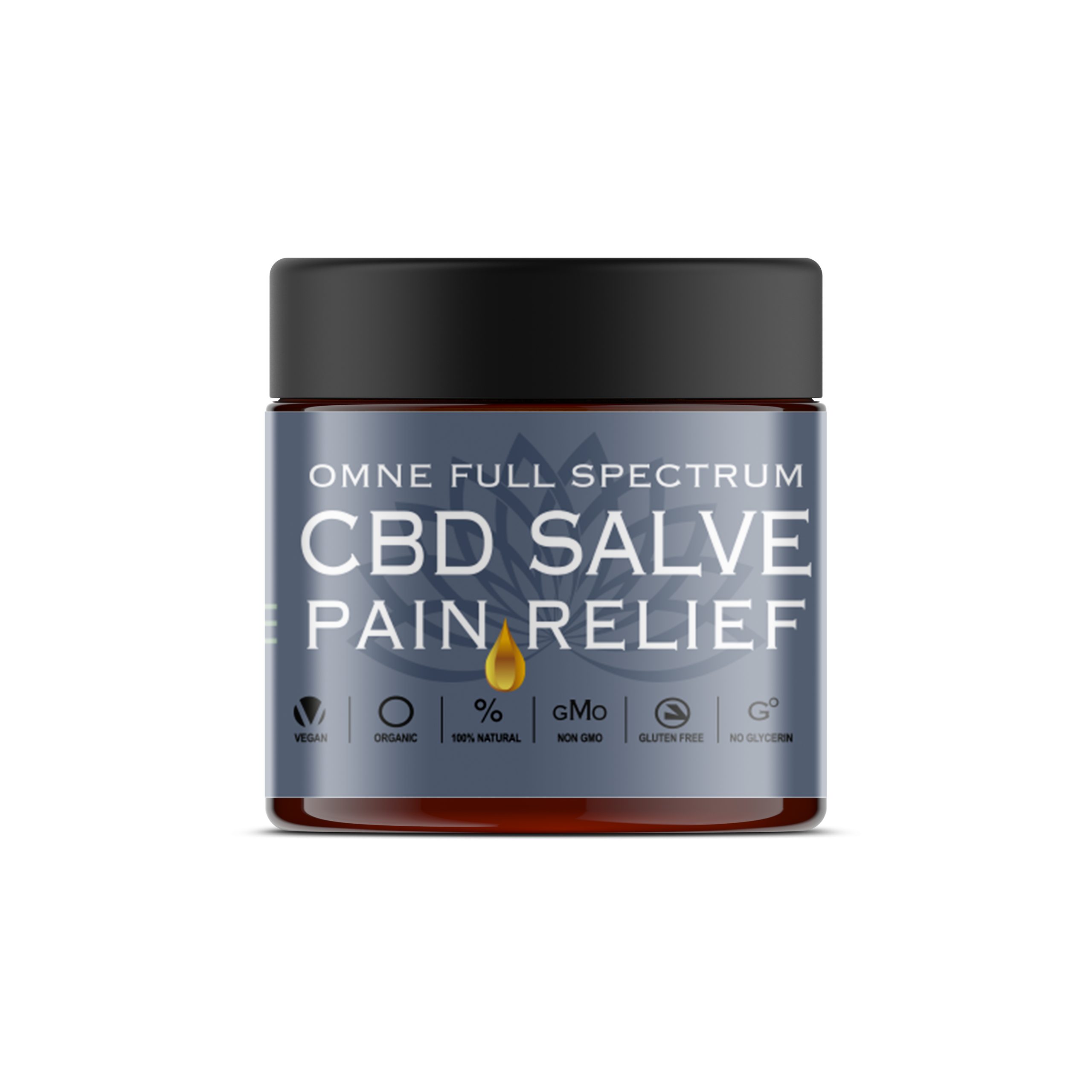
Conclusion
Selecting the best CBD oil for your needs involves understanding your goals, reviewing product details, and ensuring compliance with legal standards. By focusing on high-quality, lab-tested options and considering factors like potency and carrier oils, you can confidently choose a product that supports your wellness journey. Remember, consulting with a healthcare professional before starting any new supplement is always a good idea.

